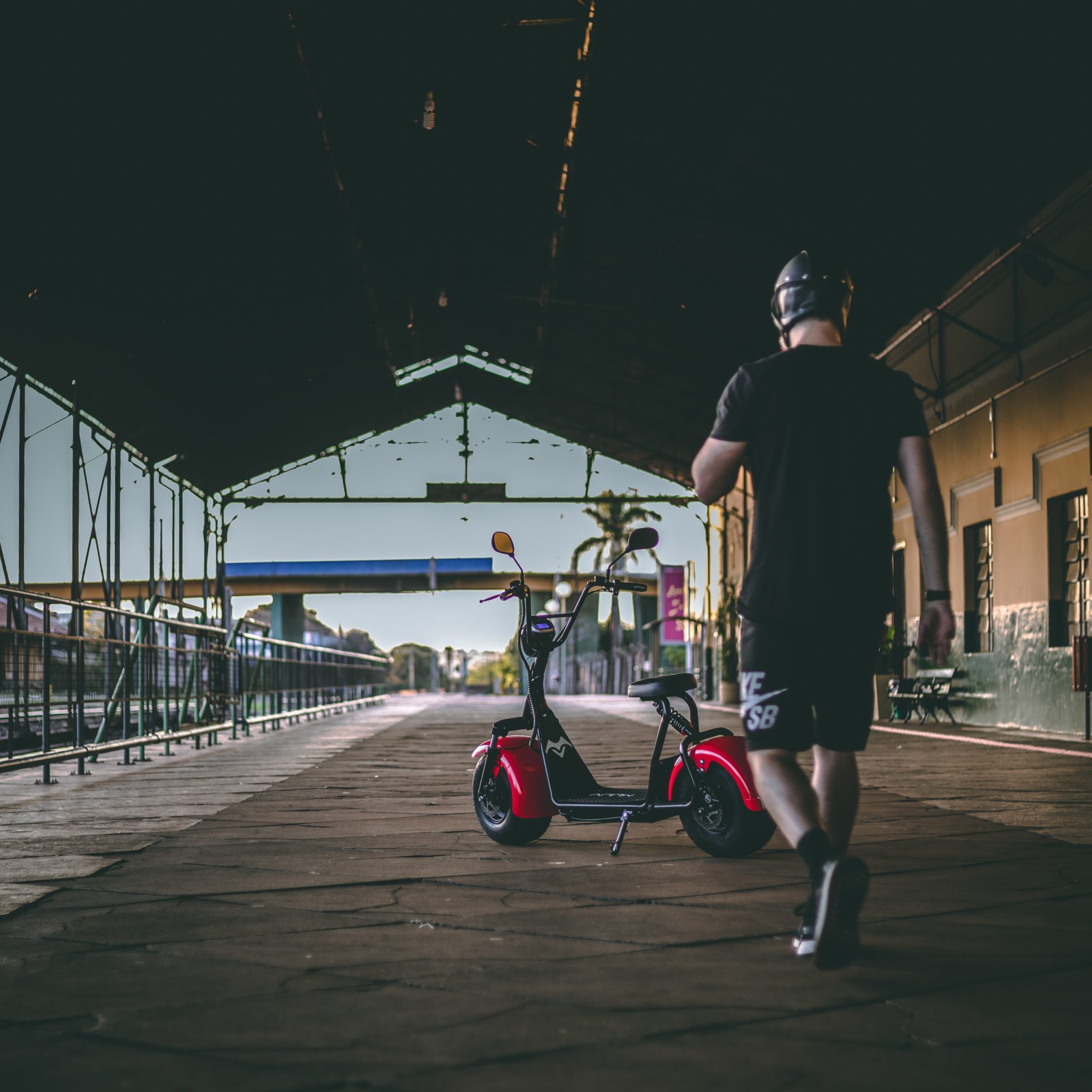
EEA report on first and last mile
1611 days ago
3 minutes
The growing use of electric scooters and ride-hailing services is transforming the way we move in urban centres — but walking, cycling and public transport remain the best way to improve sustainable mobility in cities, according to a report by the European Environment Agency (EEA) report.
EEA’s transport and environment report on ‘The first and last mile — the key to sustainable urban transport’ assesses how green and sustainable ‘first and last mile’ transport options like bicycles, scooters or other means of short distance travel can transform mobility systems in cities. The report also assesses how innovative urban freight and inner-city delivery services, including the use of delivery drones, can make urban freight transport more sustainable.
Short start or end journeys are an essential part of the daily commute. Bus, rail and metro services often cover the main part of trips to and from work, but people still need to first walk, drive or use another way to get to and from the nearest station or stop. Better first-mile, last-mile or only-mile journeys have the potential to bring down car use — reducing traffic congestion, emissions and improving air quality. Cities can do a lot to facilitate access to public transport systems by creating attractive urban spaces that are well connected to public transport infrastructure and by making walking and cycling to and from hubs and stops easier and more pleasant.
Shifting to walking, cycling and public transport will be crucial if Europe is to meet its long-term sustainability goals and policy objectives under the European Green Deal proposed by the European Commission in December 2019. Digitalisation and mobility apps can make a good urban mobility system even better, but they cannot compensate for underdeveloped public transport, the report cautions. For green options to have a fair chance to compete with cars, prices also need to reflect the harm done to health and environment.
Taken together with public transport, walking and cycling for short city journeys provide the greatest benefits for both human health and the environment in urban areas. The introduction and rapid uptake of app-based vehicle sharing schemes can also have benefits, however, the report points to studies which show that their impact on the environment is not always positive. Especially e-scooter sharing schemes appear to attract users that would have otherwise walked or used public transport. While the use of shared e-scooters generates few direct environmental impacts, their green credentials may be questioned due to the substantial negative impacts associated to their materials, their manufacturing and their frequent collection for recharging purposes. Similarly, studies show that ride-hailing apps like Uber or Lyft do little to reduce emissions or congestion and actually draw people away from public transport.
Find out more about EEA’s article
Photo by Vinicius Löw on Unsplash
Annick Roetynck
Annick is the Manager of LEVA-EU, with decades of experience in two-wheeled and light electric mobility.
Campaign success
Lorem ipsum dolor sit amet, consectetur adipisicing elit, sed do eiusmod tempor incididunt ut labore et dolore magna aliqua.
Member profile
Lorem ipsum dolor sit amet, consectetur adipisicing elit, sed do eiusmod tempor incididunt ut labore et dolore magna aliqua.